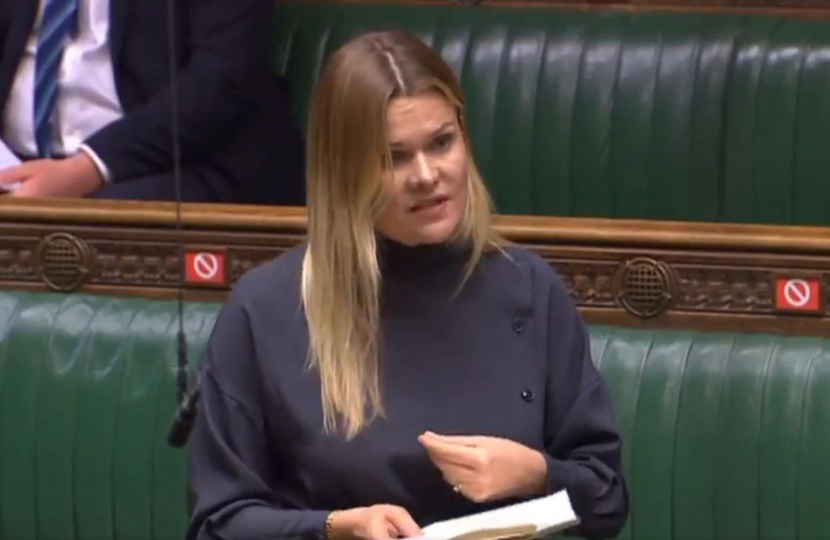
This week, Newbury College will hold its “Destinations Expo” – an annual careers fair targeted at school leavers showcasing the best local employers from high-tech to retail, defence to public service. Some of those jobs will require an academic degree, some will require apprenticeships.
One of the great successes of the last decade has been the quiet erosion of the two-tier system that suggested university degrees were superior to practical training and pushed young people down the university pathway even when it was inappropriate for them. University is not for everyone, and the explosion of non-academic degrees under the last Labour Government left young people in debt and unprepared for the world of work which they encountered.
It was with this in mind that the Prime Minister last week announced his plans for a new Advanced British Standard at the Conservative Party Conference. This would see current A-levels and T-levels (skills based qualifications) rolled into a single educational qualification which will absorb both elements thus removing the damaging distinction between academic and vocational studies.
Students will be required to take five subjects, bringing it closer in line with most of our European counterparts and building on recommendations made by both the Times Education Commission and the Education Policy Institute.
Notably, maths will be compulsory although not – I stress - to A-level standard. Rather all students will be required to continue with numeracy until the end of school following numerous studies that show enhanced numeracy skills boosts employment prospects in the long-term and results in higher overall productivity.
In addition to this the Prime Minister made, what amounted to, the biggest public health intervention in a recent memory regarding smoking. From next year, the age in which a person can legally buy cigarettes will rise by one year, every year. This means that for everyone born from 2009 or later, it will never be legal to buy cigarettes.
Even though the proportion of adults who smoke has almost halved since 2010 (falling from 21% then, to 13% today) it remains the most serious cause of preventable cancer and the biggest overall burden on the NHS. We know that 80% of all smokers start before the age of 20 and of those who do, most will say later that they found it very difficult to quit and I have yet to meet a smoker who hopes their children and grandchildren will do it too. But putting it out of reach of this generation’s children (and vaping was identified as a part of this) we can end this killer habit once and for all.
However, no discussion on public health is complete without consideration of obesity. West Berkshire’s GPs tell me that obesity and related-conditions dominate at their surgeries. The prevalence of obesity in England is among the highest in Europe with 22.3% of reception aged children and 37.8% of year 6 aged children classified as overweight or obese. The case for tackling childhood obesity is overwhelming through pricing, healthy eating and exercise. When Parliament returns next week I will be asking the Department of Health to apply the same urgency to addressing it.


